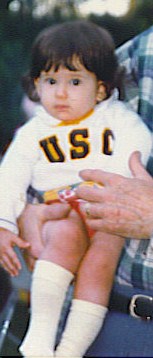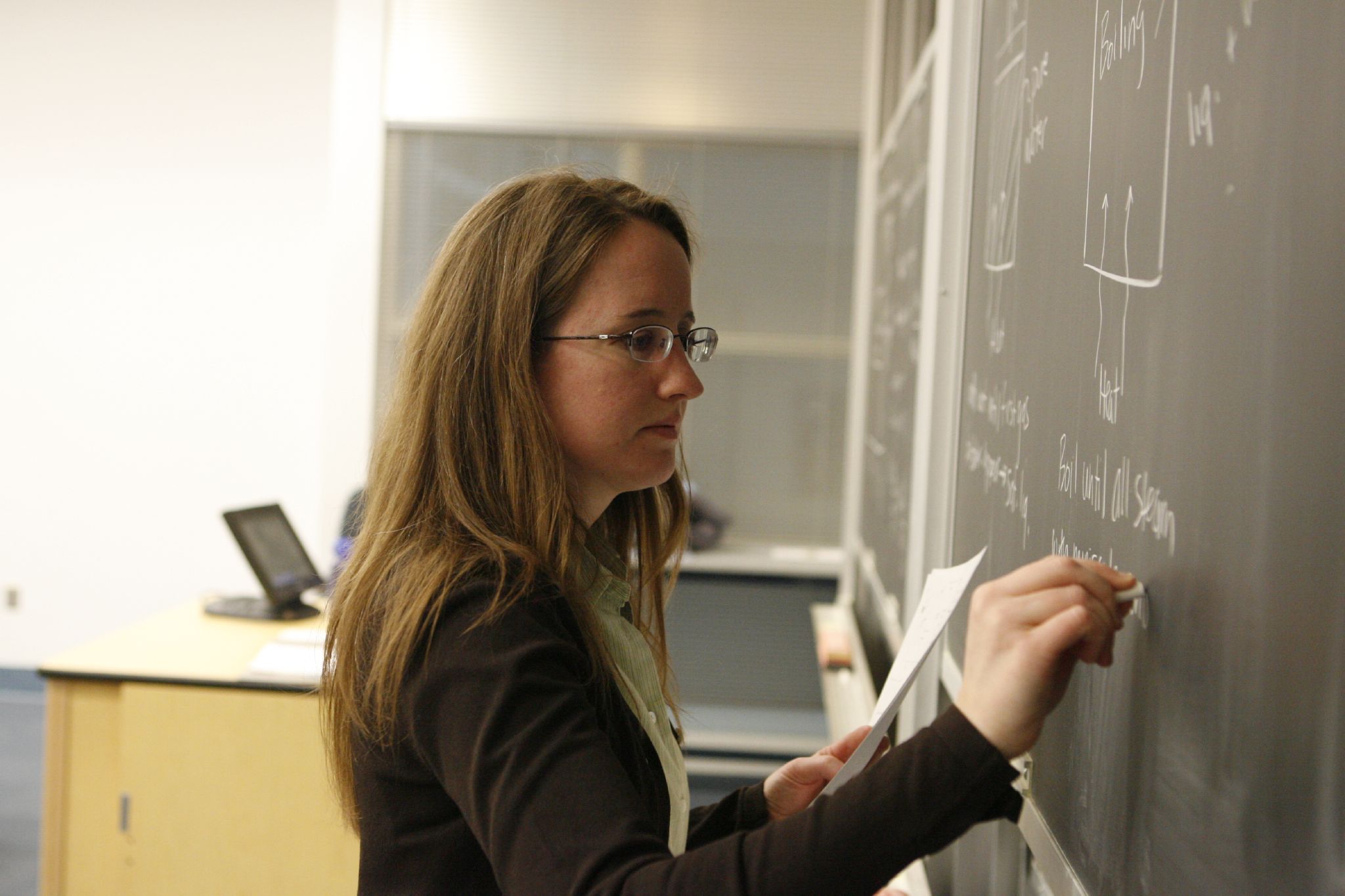
How every teacher can transform their under-performing classroom tomorrow
The headline of this month’s Harvard Education Letter is seductively simple: “Teaching Students to Ask Their Own Questions.” The advice is undeniably practical. But will asking questions alone suffice to create engaging classroom dialogues? The article highlights the Question Formulation Technique (QFT), a technique for encouraging students to direct inquiry in the classroom, engage with each other and develop critical thinking skills. A teacher whose students are under-engaged in the classroom would do well by her students to study the QFT technique and begin testing elements of it. If nothing else, QFT shows that “Any questions?” following a lecture will not provoke many questions. To engage students, questions must be engaging, too. Though effective, QFT is only half the equation. Students need to ask questions, yes. But they need to answer them, too. The teacher plays the role of guide, facilitator, and provocateur. Most teachers I had operated under the [...]
Has the College Application Process Evolved into an Arms Race?
With the college application season coming to a close, this is the question writer Jennifer Moses attempted to answer in a recent Wall Street Journal article. A video interview with Moses and the Journal’s Kelsey Hubbard can be found here. In the article, Moses outlines several expenses associated with her 17-year-old twins’ college application process: Total cost of her twins’ standardized test fees = $522 Total cost of travel, including air fare, gas, hotels, food and incidentals, for both twins accompanied by one parent each = $3,9908.23 Total cost for private college counselor = $701.25 (to date)

The Legacy Experience: Friend or Foe?
How I learned to love my USC family history-and still go somewhere else for college.

From Campus to Career: The Teach For America Debate (Part 3)
That’s right, I’m back for one more installment of the Teach For America series—first we took a look at the overall organization and all sides of the related controversy. Next, I talked to a former TFA teacher to get her take on her experience working for the organization. Now I’d like to share the perspective of Molly Burke, who studied sociology and education at Occidental College, where she also earned her MA in teaching.

Who Let the Dogs Out? Issues in Animal Research on Campus
For many undergraduate students majoring in the hard sciences and for the professors who teach these subjects, animal research is a standard part of the curriculum. However, it’s unlikely that these students and educators cover topics such as how to protect yourself from car bombings and how to handle hate mail. Last year, J. David Jentsch, neuroscience professor at the University of California, Los Angeles, awoke one morning to the sound of a large explosion outside his West LA home. His 2006 Volvo was blown up by activists calling for his death. And most recently, he received a package of used razors, and an accompanying letter stating these razors were tainted with the AIDs virus (FBI officials have yet to confirm the latter).
From Campus to Career: The Teach For America Debate (Part 2)
In order to gain insight into the Teach For America debate, I talked with a friend who worked as a TFA teacher in a Los Angeles middle school for two years.
From Campus to Career: The Teach For America Debate (Part 1)
Teach For America is an extremely popular program with soon-to-be college grads. So what makes it so controversial?
Collegiate Attrition After Year One
College students have a lot on their minds these days. From balancing classwork, a job, extra curricular activities, and budding social lives, it can all become one huge blur. And sometimes, all this pressure can force students to withdraw from their university studies. And should students choose to pull out, there’s a group people beyond the students themselves who pay the price: taxpayers. That’s right, taxpayers. A new report shows that states appropriated almost $6.2 billion for four-year colleges and universities between 2003 and 2008 to help pay for the education of students who did not return for year two.
Topic: A Specialization in Obscurity
The Ph.D. candidate who specializes in philosopher Jean Baudrillard ‘s theory of hyperreality in graphic novels. The English lit master’s student who studies post-structuralism in Marcel Proust’s Swann’s Way. The undergrad majoring in 19th century French poetry. These hardworking, passionate scholars regularly face the same dreaded question: “What are you going to do with that?”
Bragger Beware: Proper and improper execution of placing “hidden extracurriculars” in the college app
Recently, Howard Schultz, the venerable CEO of coffee behemoth Starbucks, was asked about job characteristics he looks for when hiring. “First off, I want to know what you’re reading, and then I’ll ask you why,” he says. Hypothetically, if the potential new hire were to reply, “Well, Mr. Schultz, back in high school, I started the “T. Wolfe Pack Club: I was the founder, president, and only member (hint hint, I have read every Tom Wolfe novel)” and stopped right there, odds are that the interview would end momentarily. The aforementioned parable, at its core, is an execution issue. Had the potential new hire continued to explain why he enjoys Wolfe novels and connected this passion with some related experience in the business world, he or she may have opened the door to a second round interview. The same could be said for placing similar quirky yet potentially applicant-killer extracurricular [...]

Recent Comments